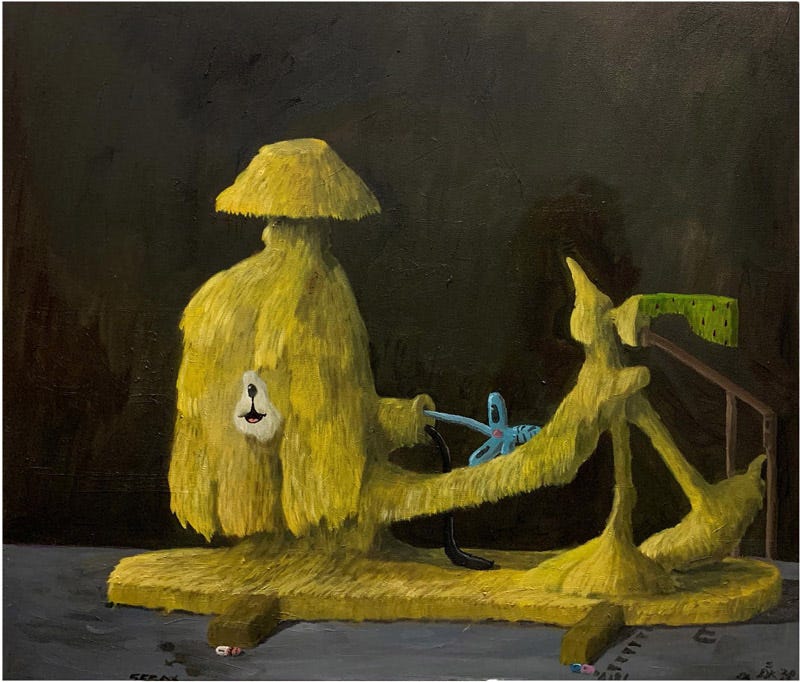Final Q —
whether, finally, there is a supreme cause of the world, or whether the things of nature and their order amount to the ultimate object, at which we must stop in all our contemplations
The fourth of Kant’s whethers is to the first, which is whether the world has a beginning.
There is a difference — as a proper philosopher would insist — between a cause and a beginning.
A cause implies a decision and even a meaning; a beginning suggests a new temporality that just happened to start.
I sense one as the starter and the other as the stopwatch.
And yet I know the stopwatch doesn’t come into existence at the moment of ‘Go!’ Nor does time at the instant of its measuring. (Debatable.)
But if these are different questions, we can get chummy with Kant by saying it’s not about the existence of God as prime mover but of human knowledge and its legitimate limits.
There is something very attractive to me about the idea of the ultimate object as matter and the matter-of-fact fact of matter.
Beyond lies the wub, whatever the wub is.
(It’s in the title of a Philip K Dick story which I’ve read but forgotten.)
Leave the wub to the wub, and Philip K Dick to Philip K Dick.
This whether gets us to the heart of paradox. Is it possible to have an uncaused cause without an unmoved mover?
If we go back to the perpetual bubbling of a steady state multiverse, we still need to answer the question of whether — at some pre-time stage — it wasn’t.
I’ve mostly avoided bringing in any Soto Zen thinking to these last four pages of whethers. Here, it’s hard not to say that this stopping in all our contemplations seems very like zazen, like just sitting, like thinking not thinking.
Similarly to Heidegger, Kant doesn’t give any How to of philosophizing.
Neither of them tell you how to go about approaching the whethers.
Apply your reason — sitting, standing, walking, writing.
Apply your reason or your god-given reason.
You decide.
Or have your characters decide, individually, for themselves — because they need to be part of all this.
[Social share image credit: Daniel Sparkes, Turnerlamp Engorged, 2021.]


